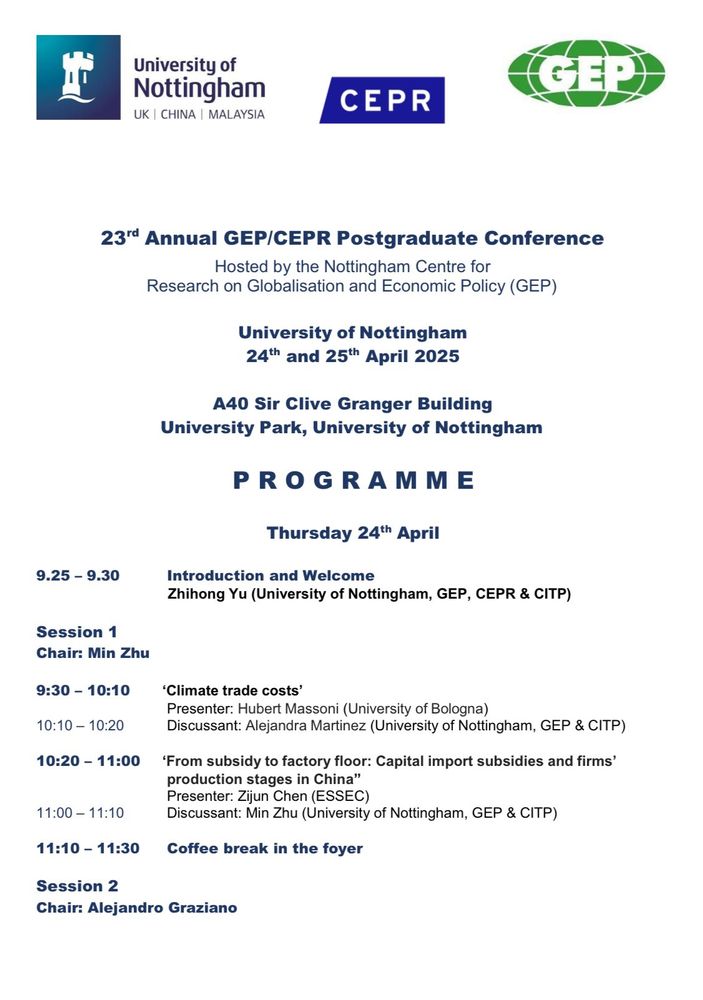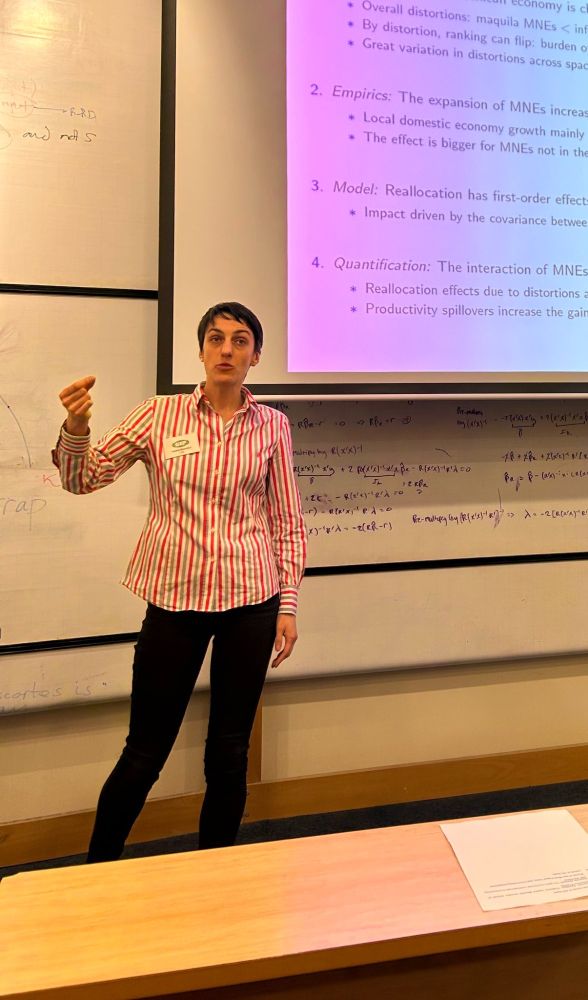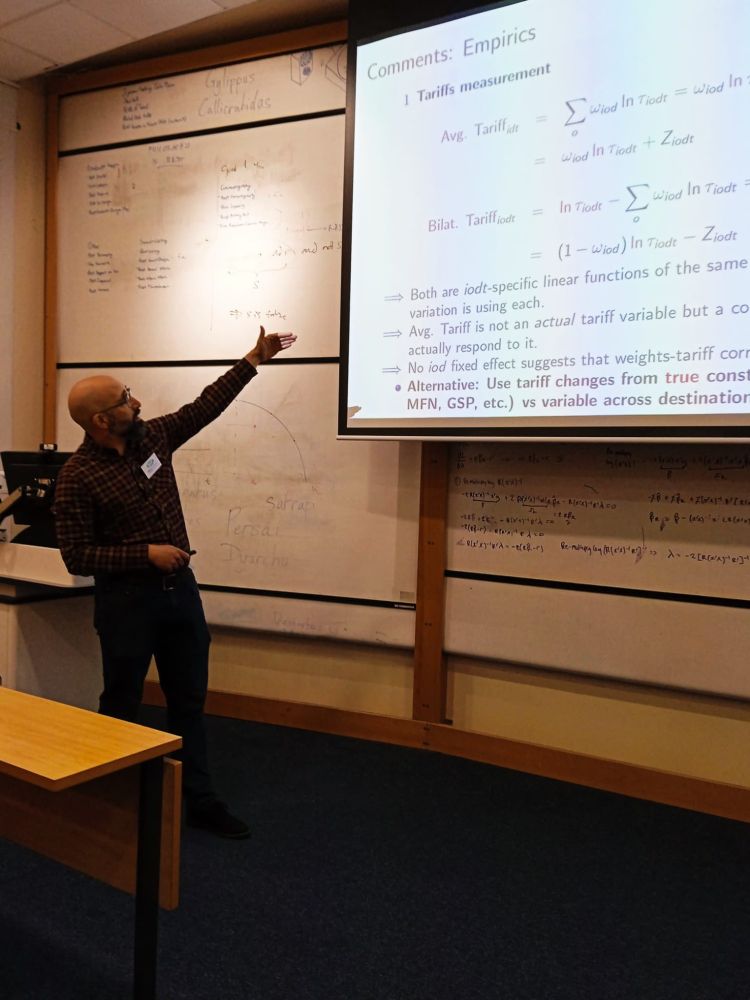Congratulations to @hubertmassoni.bsky.social and Cristian Espinosa for sharing the Best Paper Award!
The international trade field has a bright future ahead!
www.nottingham.ac.uk/gep/news-eve...




Congratulations to @hubertmassoni.bsky.social and Cristian Espinosa for sharing the Best Paper Award!
The international trade field has a bright future ahead!
www.nottingham.ac.uk/gep/news-eve...
Originally featured in VoxEU.

Originally featured in VoxEU.
cepr.org/voxeu/column...
@pontus_rendahl
we explore these links in our new paper, cepr.org/publications..., @cepr.org
#growth, #inequality, #markups. A thread.
@pontus_rendahl
we explore these links in our new paper, cepr.org/publications..., @cepr.org
#growth, #inequality, #markups. A thread.

